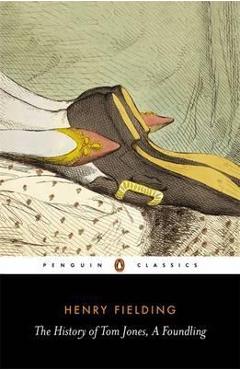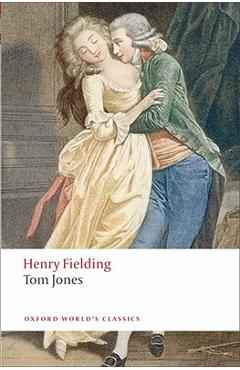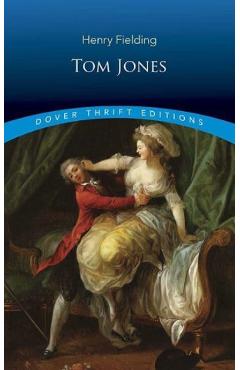Joseph Andrews and Shamela
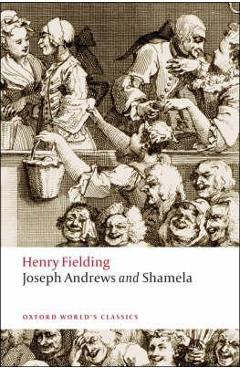
Detalii Joseph Andrews and Shamela
libris.ro
55.47 Lei
61.63 Lei
Fiction
Henry Fielding
Joseph Andrews and Shamela - Disponibil la libris.ro
Pe YEO găsești Joseph Andrews and Shamela de la Henry Fielding, în categoria Fiction.
Indiferent de nevoile tale, Joseph Andrews and Shamela din categoria Fiction îți poate aduce un echilibru perfect între calitate și preț, cu avantaje practice și moderne.
Preț: 55.47 Lei
Caracteristicile produsului Joseph Andrews and Shamela
- Brand: Henry Fielding
- Categoria: Fiction
- Magazin: libris.ro
- Ultima actualizare: 28-10-2025 01:22:05
Comandă Joseph Andrews and Shamela Online, Simplu și Rapid
Prin intermediul platformei YEO, poți comanda Joseph Andrews and Shamela de la libris.ro rapid și în siguranță. Bucură-te de o experiență de cumpărături online optimizată și descoperă cele mai bune oferte actualizate constant.
Descriere magazin:
Henry Fielding wrote both Joseph Andrews (1742) and Shamela (1741) in response to Samuel Richardson\'s book Pamela (1740), of which Shamela is a splendidly bawdy travesty. Joseph Andrews begins as a parody, too, but soon outgrows its origins, and its deepest roots lie in Cervantes and Marivaux. In both stories, Fielding demonstrates his concern for the corruption of contemporary society, politics, religion, morality, and taste. This revised and expanded edition follows the text of Joseph Andrews established by Martin C. Battestin for the definitive Wesleyan Edition of Fielding\'s works. The text of Shamela is based on the first edition, and two substantial appendices reprint the preliminary matter from the second edition of Richardson\'s Pamela and Conyers Middleton\'s Life of Cicero , which is also closely parodied in Shamela . This Oxford World\'s Classics edition also features a new introduction by Thomas Keymer which situates Fielding\'s works in their critical and historical contexts. About the Series: For over 100 years Oxford World\'s Classics has made available the broadest spectrum of literature from around the globe. Each affordable volume reflects Oxford\'s commitment to scholarship, providing the most accurate text plus a wealth of other valuable features, including expert introductions by leading authorities, voluminous notes to clarify the text, up-to-date bibliographies for further study, and much more.

Produse asemănătoare
Produse marca Henry Fielding
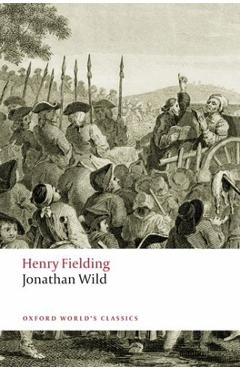
The Life of Mr Jonathan Wild the Great - Henry Fielding
![]() libris.ro
libris.ro
Actualizat in 25/10/2024
64.23 Lei
